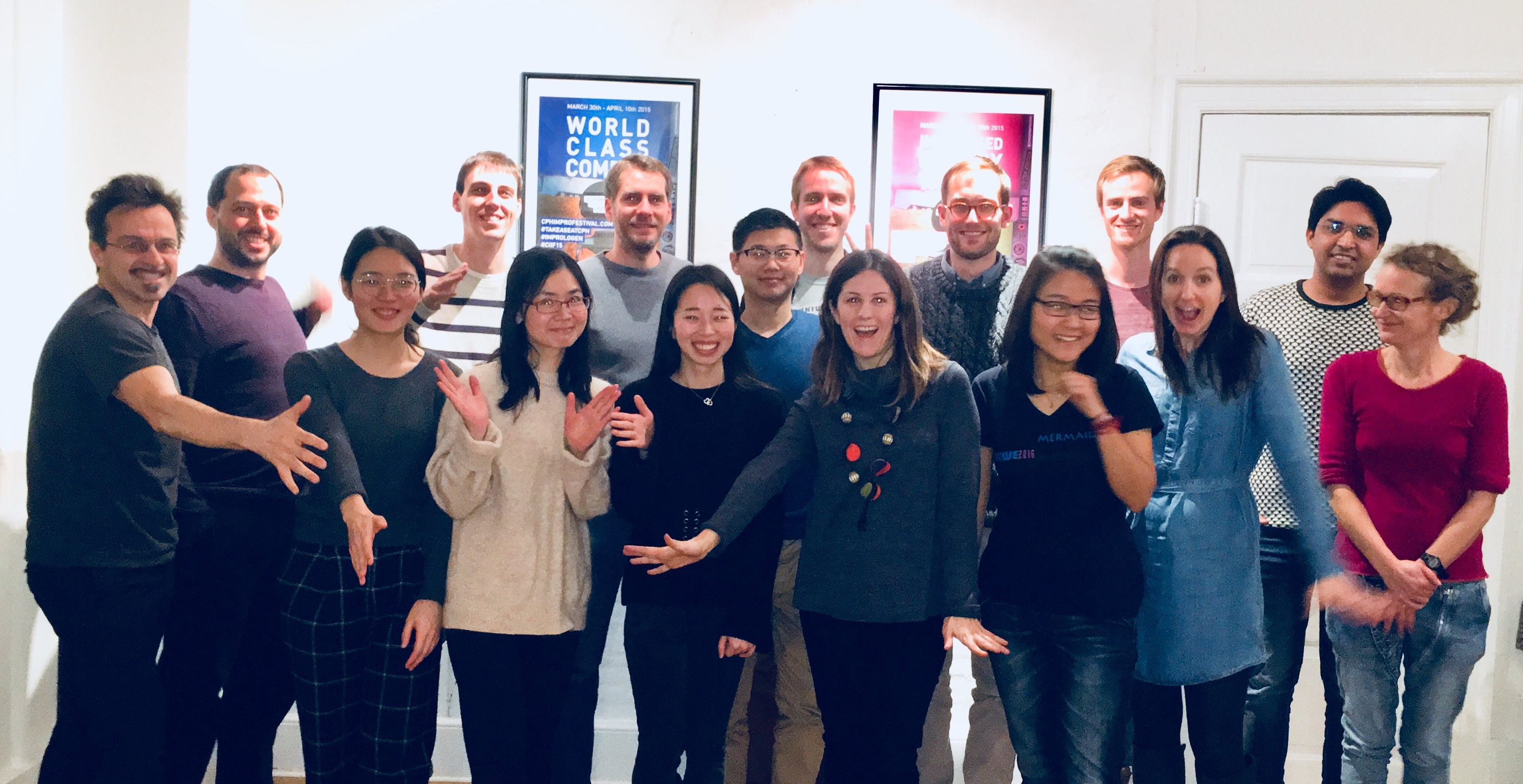METLAB
A focused team of researchers led by Prof. Barth F. Smets, pursuing Microbial Resource Management and Engineering activities. We work at the interface between environmental engineering and microbial ecology. The main topics we explore are: the engineered nitrogen cycle, water treatment biotechnology, gene flows in microbial communities. We work from the cell scale to the communities and system scales, using complementary approaches (bioreactors operation, microscopy, molecular community description, modelling, etc.)
Updates:
Important conferences that we will attend during 2019!
MEWE2019 - Abstract submissions are now open for the Microbial Ecology and Water Engineering 2019 Conference in Hiroshima, Japan. Abstracts can be submitted at this link. Follow MEWE2019 conference on twitter @mewe2019 for latest updates.
 For more information, click here .
For more information, click here .
IWA Biofilms 2019 - Biofilms and their interactions with surfaces, 5 - 8 November 2019, Santiago, Chile. For more information, click
here.
Dr. Marlene Mark Jensen has been awarded a VILLUM Experiment grant for the project: The use of magnetic bacteria for inorganic phosphate recovery from impaired waters. For further information, click
here.
Dr. Arnaud Dechesne has been awarded a VILLUM Experiment grant for the project:
Plasmid-specific bacteriophages to fight antibiotic resistance spread in the environment (P-PhanFARE).
For more information pleache check the Research section.
Recent publications:
-
Abiotic Nitrous Oxide (N2O) Production Is Strongly pH Dependent, but Contributes Little to Overall N2O Emissions in Biological Nitrogen Removal Systems.
-
The effect of pH on N2O production in intermittently-fed nitritation reactors.
-
Modelling N2O dynamics in activated sludge.
-
N2O dynamics: What is special about biofilms?
-
Methanotrophic involvement in bentazone degradation.
-
Contamination drives diversity of root-associated PAH degraders.
-
Micropollutant removal associated with PAO activity.
-
Undibacterium and Curvibacter: newly described iron oxidizers.
The R-code for An improved method to set significance thresholds for β diversity testing in microbial community comparisons is now also available online here and as github repository.

